Inverter or conventional split system - which is better? Comparative review and selection tips
Many buyers of HVAC equipment are wondering: inverter or conventional split system, which is better to choose for a house and apartment? It is definitely difficult to answer unequivocally, since each type of technique has its own strengths and weaknesses.
To make an informed choice, it is necessary to understand the similarities and differences between the units, to compare their operating and operational characteristics, to determine the optimal parameters. Only with this approach will the purchase bring the expected result. Our article is devoted to the analysis of these questions.
The content of the article:
What are the similarities between the varieties?
Split systems of these two types are designed to solve the same problems.
This means that with their help you can perform the following operations with the air masses:
- cool;
- warm up;
- ionize;
- to clean.
All of these processes can be effective in any volume. After all, manufacturers supply split systems for small apartments and huge office, retail premises, consisting of many separate rooms.
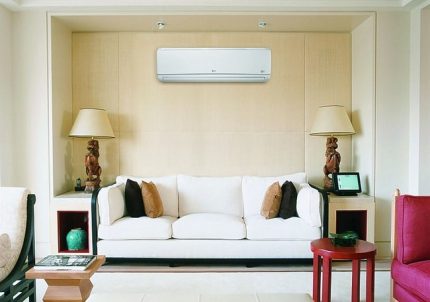
The design of these subspecies of climatic equipment is visually similar, they consist of blocks:
- external;
- indoor unit - if necessary, there may be several.
Management is carried out using functional and convenient remote controls. In both cases are similar maintenance work. So, you will regularly have to clean the filters, replace them, and update freon. If these moments are ignored, then the service life is reduced, and significantly.
Procedure air conditioning installation systems are equally complicated and can cost a round sum, reaching half their cost.In any case, you should not independently install them - it is better to contact experienced specialists.
The main differences between the systems
Despite the large number of similar characteristics, the same appearance, the presented subspecies of climatic equipment have quite a few differences, some of which are cardinal.
This makes inverter and conventional systems different types of climatic equipment.
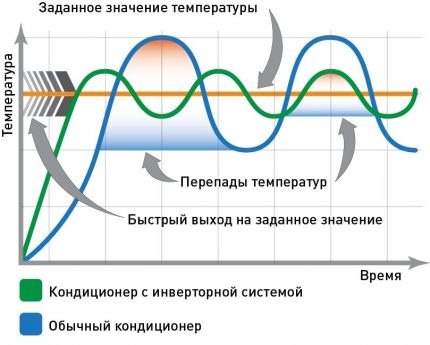
The differences include: the principle of operation, functionality, stability, durability, power consumption, noise, cost.
A large number of differences suggests that before you make an inverter or conventional climate system purchase, you should get to know them better. Learn more specifically about the features of their work, because the correctness of the choice depends on this.
# 1 - principle of operation
Conventional systems operate cyclically, that is, the user sets the temperature he needs, which is controlled by a temperature sensor.
When the desired value is reached, the compressor automatically shuts off. And it turns on when the deviation from the set parameter is several degrees.
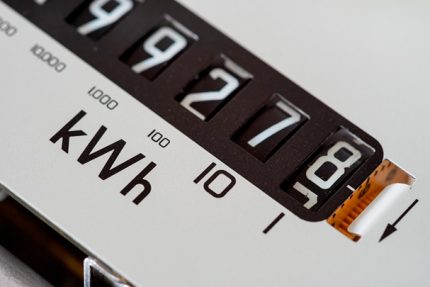
Unlike its usual counterparts, inverter systems work constantly. So, when the desired temperature is reached, their compressors do not turn off, but reduce productivity.
For example, they are able to effectively maintain a comfortable temperature while working at 5-10% of their capacity.
# 2 - device functionality
Both subspecies of HVAC equipment do equally well with air cooling. However, inverter split systems are more functional.
The reason is that they are suitable for use even in winter, because such equipment can effectively heat the room. Moreover, even at temperatures reaching low -25 ° C.
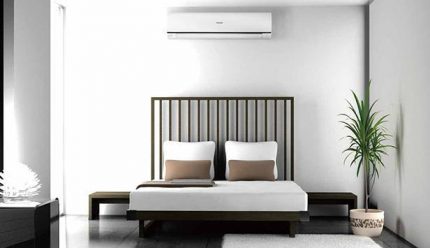
Traditional air conditioners are also equipped with a heating function, but you should be aware that it can only be used if the temperature has not dropped below -5 ° C. The reason for this feature is the described cyclical operation, which leads to the fact that for most of the time conventional air conditioners do not work.
At this time, the lubrication of their moving parts flows down and thickens. Subsequent activation leads to at least significant wear.
As a result, a traditional air conditioner, regularly used at the indicated temperature, usually does not survive until the coming spring. And in some cases - to jamming, with sad consequences in the form of expensive repairs, the first launch leads.
Inverter equipment is devoid of such a drawback due to the fact that it is always in operation, which prevents the grease from thickening.
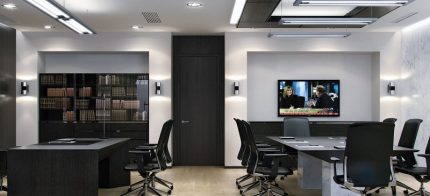
An important point is the cooling rate of the desired room. And in this matter, traditional systems are somewhat inferior to their counterparts. To be precise, under equal conditions they will cope with the task by spending, on average, 2 times more time.
But this is not critical, because in most situations, users do not care how much air conditioners spend time cooling the air - 5 or 10 minutes.
# 3 - stability
The differences described above in principle of operation lead to the fact that inverter air conditioners support user-specified parameters more accurately. For example, their deviation does not exceed 1-1.5 ° C, and often it does not go beyond half a degree.
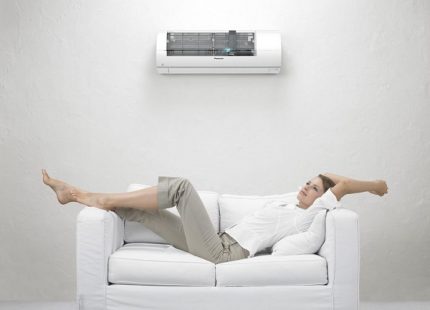
# 4 - equipment durability
As a result of cyclic inclusions, the load on the structural elements of conventional systems is higher, which leads to faster wear of a number of mechanical components. Inverter air conditioners have no such drawback.
Since they work continuously and allow less significant deviations from a given temperature regime, their parts are subjected to less load, which extends the service life.
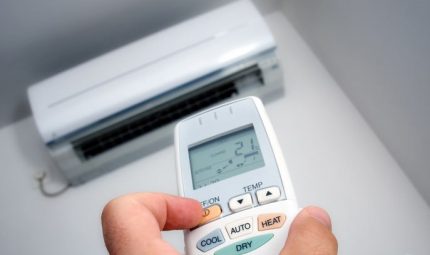
So, inverter models, on average, are able to provide indoor comfort for an impressive 8-16 years. Then, as their usual counterparts in many cases for more than 5-10 years, owners will not be able to please.
# 5 - energy level
The principle of operation of both subspecies significantly affects electricity consumption. The cyclical nature of traditional equipment leads to the fact that during peak loads there occurs, and always, significant energy consumption. Inverter products are deprived of such a feature, which operate extremely rarely at the power limit.
This indicates that in a number of modes they will be 30-50% more economical. At the same time, inverter products work constantly, which also must not be overlooked.
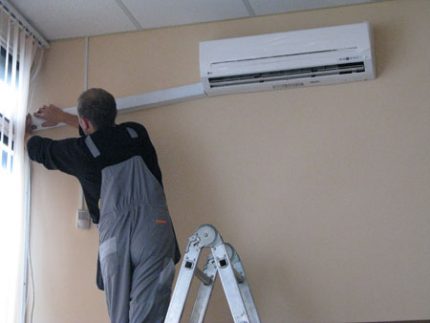
# 6 - noise level
The most noisy structural elements of both types of equipment are located in external units located on the street. However, the internal parts of the structure also make a buzz and louder than conventional systems.
For example, the average noise level of inverter equipment lies in the range of 19-23 dB, and the same indicator of a common subspecies reaches 30-32 dB. But it should be understood that the sounds made will not annoy most of the users in both cases.
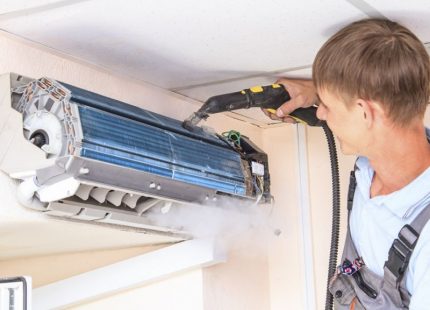
# 7 - price category
Even a person far from technology, having familiarized himself with the above information, will be able to conclude that the inverter climate equipment is more high-tech, modern.
However, you will have to pay for it, and quite a lot. For example, ordinary products cost 30-40% less, and in many cases the difference reaches more impressive values.
What to look for when choosing?
Despite the fact that the inverter climate equipment is more technically perfect, it does not have obvious advantages in operation, and in some cases the available performance is lower than that of analogues. As a result, buyers will have to evaluate many nuances.
An important feature is that due to the smooth thermoregulation inverter air conditioners may not show expected results. This often happens in the passage premises - trading, office rooms. But conventional systems in such situations will be most effective.
For the same reason, inverter equipment should not be placed in kitchens, any other rooms where temperature changes occur abruptly. Indeed, for them, even boiling water in a kettle will be a big problem.
For economic reasons, conventional air conditioners will be the best choice where the need for air cooling is rare, for example, in the country. They will also be more effective in situations where use is performed once. So, in conference rooms it is better to install traditional equipment.
But their inverter analogues with greater efficiency will be able to provide comfort in apartments, hotels.
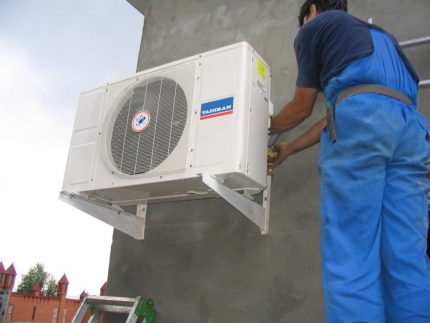
An important feature is maintainability, but not everything is in favor of inverter systems. The reason is that components are as expensive as the products themselves. In addition, they are still not very common with us, as a result, the masters may not have the right part at hand, so you have to wait until it is delivered.
This creates significant inconvenience, especially given the fact that these models are more sensitive to voltage drops than their usual counterparts. And such a drawback when supplying electricity, we often meet even in large cities.
In any case, you must correctly determine the power of the unit or air cooling will be ineffective. That is, when it is insufficient, then the desired level of comfort is unlikely to be achieved. And if it does, then only at the cost of equipment overload. For excess power, you will have to overpay.
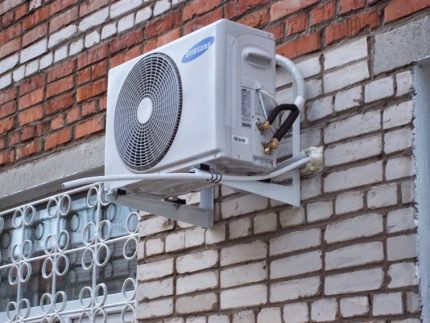
In the case of inverter systems, you should pay attention to such a parameter as the range of adjustment of the operating frequency of the electric motor.
This is an important indicator, since the principle of operation of this type of climatic equipment allows you to achieve the maximum combination of efficiency, efficiency and durability only at a certain value.
So, the depth of adjustment should not be less than 25-80%. If the characteristics of the model you like do not reach these indicators, then this is an outdated product or just cheap, and therefore not functional enough.
For example, the adjustment range of modern inverter systems reaches 5-90%. This allows you to quickly respond to temperature changes and remain economical.
Additional recommendations for choosing a split for a house or apartment, as well as an overview of the best manufacturers are presented in this article.
Conclusions and useful video on the topic
The following video will allow you to better understand the features of varieties of climatic equipment:
The video material will provide an opportunity to deepen your knowledge on the issue of differences in the principles of operation of HVAC equipment, which will allow you to make a more conscious choice:
Split systems, regardless of their variety, are effective equipment that can provide the level of comfort expected by customers. But it should be remembered that this is possible only with the right choice.
And this can only be done if there is certain knowledge that allows you to understand the characteristics, features and advantages of conventional and inverter systems.
Share with your readers your experience of buying and using a split system. Tell us which unit you preferred, what the choice was based on, are you satisfied with the purchase. Please leave comments on the article, ask questions and participate in discussions. The contact form is located below.

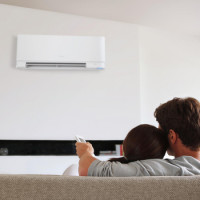 Rating split systems for the apartment: the best models + tips for choosing
Rating split systems for the apartment: the best models + tips for choosing 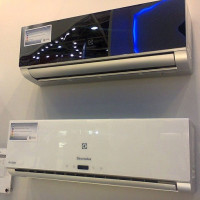 Electrolux split systems: 10 popular models + selection tips
Electrolux split systems: 10 popular models + selection tips 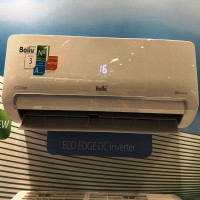 Overview of the Ballu BSLI-09HN1 split system: Chinese inverter technology
Overview of the Ballu BSLI-09HN1 split system: Chinese inverter technology 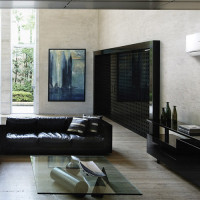 LG split systems: top ten models + tips for choosing climate equipment
LG split systems: top ten models + tips for choosing climate equipment 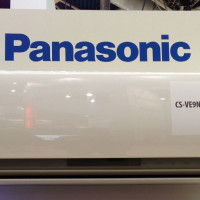 Panasonic split systems: dozens of leading models of a popular brand + selection tips
Panasonic split systems: dozens of leading models of a popular brand + selection tips 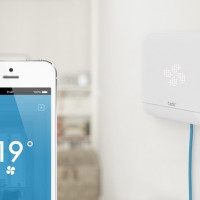 TOP-12 Wi-Fi split systems: overview of popular models among customers + selection features
TOP-12 Wi-Fi split systems: overview of popular models among customers + selection features 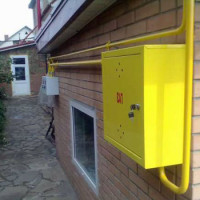 How much does it cost to connect gas to a private house: the price of organizing gas supply
How much does it cost to connect gas to a private house: the price of organizing gas supply  The best washing machines with dryer: model rating and customer tips
The best washing machines with dryer: model rating and customer tips 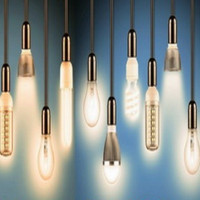 What is the color temperature of light and the nuances of choosing the temperature of the lamps to suit your needs
What is the color temperature of light and the nuances of choosing the temperature of the lamps to suit your needs 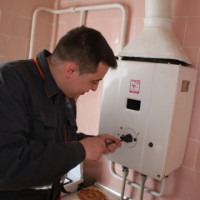 Replacement of a geyser in an apartment: replacement paperwork + basic norms and requirements
Replacement of a geyser in an apartment: replacement paperwork + basic norms and requirements
If air conditioning is bought for the home, then it is worth taking an inverter. In Japan, for example, non-inverter split systems have not been installed at all for a long time. And the Japanese know a lot about technology. Of course, the inverter system costs more when you buy, but during the operation you will beat this difference on electricity. One plus is durable, low-noise equipment. The only thing is to avoid power surges, but it is harmful for any devices.